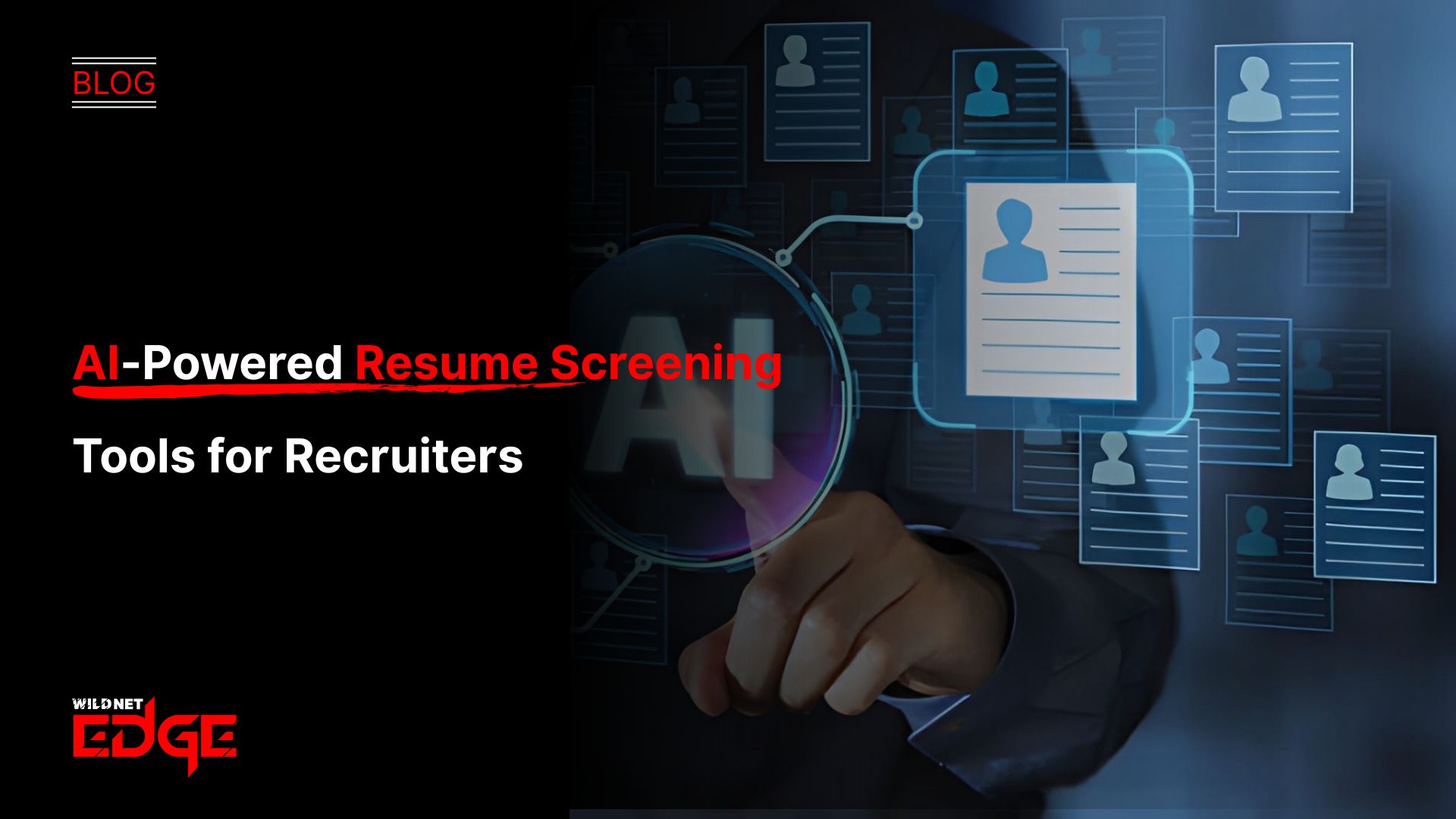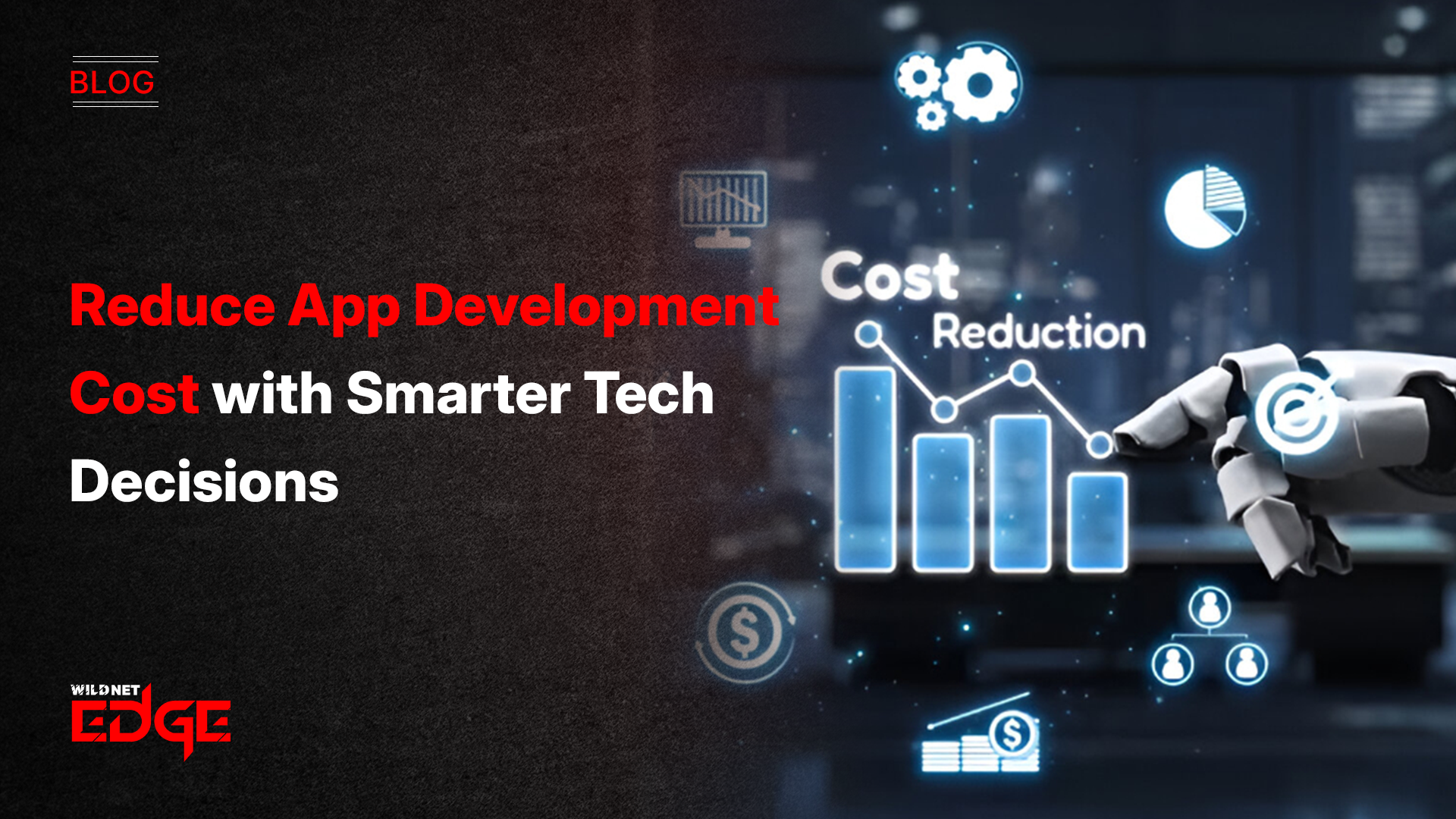TL;DR
AI resume screening is revolutionizing recruitment in 2026. This technology uses Natural Language Processing and Machine Learning to automatically analyze, score, and rank job applications, effectively serving as a highly efficient filter. By consistently applying objective criteria, it significantly reduces human bias and ensures a fairer hiring process. Businesses adopting AI tools like Jobscan and HireVue report a 35% reduction in time-to-hire and improvements in candidate quality. The main benefit is efficiency, allowing HR teams to shed time-consuming manual work and focus on strategic relationship-building. AI screening is now an essential step for organizations seeking faster, smarter, and more diverse talent acquisition.
Are you overwhelmed with resumes? Stop wasting time! AI resume screening will change the game in 2026. It reshapes your hiring process from slow and manual to super-fast and unbiased. This isn’t only time-saving; it’s also about more intelligent, less subjective hiring decisions. You can concentrate on establishing good relations with the best candidates while the AI does the tenacious work. Let’s check the magic of the required technology for you.
The AI Screening of Resumes: The Modern Way to Filter through Applications
Smart technology is the backbone of AI resume screening, which automatically analyses and evaluates job applications. You can refer to it as a super-efficient filtration process.
Natural Language Processing is the starting point. The system identifies, reads, and understands the text present in each resume. Next, the ML algorithms are assigned the role of checking the data from resumes among the skills, experience, and keywords with the job description and the ideal candidate profile you have in mind. Then the AI can give scores and also rank the applicants according to this alignment. Thus, your recruiters get a tight shortlist of the best matches, which makes the initial screening phase quick and impartial.
The Benefits for Your Business
The switch to AI resume screening is a big plus for the business. Such a move, besides being a great advantage, also solves a few typical irritating hiring issues.
- Faster Hiring: AI has the capability to scan several hundreds of resumes in a minute or at least within a few minutes. Consequently, this practice very significantly shortens the time-to-hire. Your staff will now be engaged in the interview process rather than searching for the applications in the stacks.
- Reduced Bias: The very same objective criteria are set by the system and applied to each and every application. This is a step that aids in completely cutting off subconscious human bias which might be caused due to a person’s name or some kind of personal detail. Thus, you are actually making it possible for the candidates to get a fairer chance.
- Better Candidate Quality: AI is really good at spotting candidates who come closest to having your ideal requirements and also the necessary keywords. As a result, the shortlist is of higher quality, which, in turn, leads to better hires.
- Improved Candidate Experience: Candidates receive faster feedback regarding their application status. Such a high degree of responsiveness not only makes your company look professional but also makes it one that truly values the candidates’ time.
Why Businesses Need AI Resume Screening Now
In the present day, job market is very competitive, and a business needs all possible advantages. AI resume screening is no longer a luxury; it has become an unavoidable element in modern recruitment.
The throughput of manual resume checking is very low, costly, and often leads to inconsistencies. If a great candidate applies, you have to respond immediately before a rival gets to them. AI resume screening allows you to get that quick response. It liberates your HR department from applying its efforts to repetitive tasks. They can thus channel their efforts into strategic, high-value work, such as creating relationships with potential candidates. To put it another way, AI is facilitating your team to be more human in areas that are of utmost importance.
Popular Technologies & Tools in 2026
The market offers several powerful AI resume screening tools, each with unique features.
- Jobscan: This tool is great for matching a resume to a job description using powerful AI algorithms. Recruiters use it to see how well an application aligns with their posting.
- HireVue: HireVue integrates AI resume screening to provide a seamless hiring experience. It analyses video submissions to assess a candidate’s fit beyond just keywords.
- Pymetrics: This is different! It uses gamified neuroscience assessments. The AI studies a candidate’s cognitive and emotional traits, predicting behavior and job readiness based on skill matches.
- Eightfold: A complete talent management platform. Its AI analyzes resumes and internal employee data. It helps identify a candidate’s potential for future growth within your company.
Case Studies
1. Time Reduction at Global Tech Firm
A big tech company that operates globally had to deal with thousands of applications for entry-level positions making manual screening no less than weeks-long process. They incorporated an AI-based resume screening tool into their system.
The outcome? They reduced their time-to-hire by 35%. The AI’s precision was also responsible for new hires’ first-year performance metrics being improved by 15%. They began their hiring process the smart and fast way.
2. Bias Mitigation at the Retail Store
A large retail store chain became aware that their manual selection process unconsciously rated candidates from certain universities higher. They started using an AI screening tool that permanently hid the candidates’ identities by omitting their names and schools.
By concentrating only on the skills and experience of the applicants, they were able to draw up shortlists of candidates that were much more diverse than before. They claimed that within a year, there had been a 20% growth in the diversity of their employees.
Conclusion
AI resume screening is the future of smart and fast hiring. It eliminates busywork, reduces bias, and delivers high-quality candidates right to your interview pipeline. Stop letting manual reviews slow down your growth. Embrace recruitment automation and secure the best talent today!
Just as AI is transforming recruitment, WildnetEdge offers the expertise and cutting-edge solutions you need to implement a truly optimized hiring strategy. Ready to move beyond the manual grind? Partner with WildnetEdge to master the future of talent acquisition and find your next great hire.
FAQs
Q1: What is AI resume screening?
The implementation of AI resume screening is done through a combination of Artificial Intelligence and machine learning technologies, which are used to automatically inspect, evaluate, and shortlist resumes based on the particular requirements of a job.
Q2: How does AI reduce bias in the hiring process?
AI prevents discrimination in the hiring process by employing a consistent, predetermined set of criteria to every resume, thereby disregarding potentially biased factors such as name, sex, or age.
Q3: Which AI tools are popular for screening resumes in 2026?
In 2026, the tools that will most likely be used are Jobscan, HireVue, Pymetrics, and Eightfold. Each of them will have a different and unique approach to the recruitment process ranging from resume keyword matching to behavioral analysis for selection.
Q4: Is AI resume screening better than a traditional ATS?
AI resume screening is more of an advanced tool as it not only facilitates the proper organization but also ranks and analyzes candidates’ applications based on intelligence.
Q5: Can AI miss a great candidate?
It is possible that the AI could be trained with poor or biased data and hence may not recognize the best fits. A human supervisor will always be needed to check and confirm that the system is working properly and equally.

Nitin Agarwal is a veteran in custom software development. He is fascinated by how software can turn ideas into real-world solutions. With extensive experience designing scalable and efficient systems, he focuses on creating software that delivers tangible results. Nitin enjoys exploring emerging technologies, taking on challenging projects, and mentoring teams to bring ideas to life. He believes that good software is not just about code; it’s about understanding problems and creating value for users. For him, great software combines thoughtful design, clever engineering, and a clear understanding of the problems it’s meant to solve.
 sales@wildnetedge.com
sales@wildnetedge.com +1 (212) 901 8616
+1 (212) 901 8616 +1 (437) 225-7733
+1 (437) 225-7733















 ChatGPT Development & Enablement
ChatGPT Development & Enablement Hire AI & ChatGPT Experts
Hire AI & ChatGPT Experts ChatGPT Apps by Industry
ChatGPT Apps by Industry ChatGPT Blog
ChatGPT Blog ChatGPT Case study
ChatGPT Case study AI Development Services
AI Development Services Industry AI Solutions
Industry AI Solutions AI Consulting & Research
AI Consulting & Research Automation & Intelligence
Automation & Intelligence















